Rumble video service ‘turns off’ France over demand to censor Russian media
Rumble, an online video platform and cloud services, has disabled access to its services in France after the French government demanded the multinational company remove Russian news sources.
In a statement on Tuesday, the video hosting service similar to YouTube, with business headquartered in Longboat Key, Florida, and Toronto, said its users in France would no longer be able to access the site in response to censorship demand by Paris.
"Recently, the French Government demanded that we remove certain Russian news sources from Rumble. As part of our mission to restore a free and open internet, we have committed not to move the goalposts on our content policies," the statement read,
The company said it would "challenge the legality of" demands made by the French government.
An update on our services in France pic.twitter.com/GpcytLqjrY
— Rumble - 🏴☠️ $RUM (@rumblevideo) November 1, 2022
After Russia launched its military operation in Ukraine on February 24, the US and its European allies unleashed unprecedented sanctions on Moscow.
Parts of the sanctions the European Union imposed on the Kremlin involved banning Russian state media outlets, Sputnik and RT among them, and suspending relevant licenses within the bloc.
Rumble said the decision would not impact the company materially, since just less than one percent of its user base was viewing videos from France, expressing hope Paris would reconsider its demand and allow the company to resume its services without censorship in the European country.
Back in March, American business magnate and investor Elon Musk tweeted that he had resisted pressure by some governments to ban Russian news sources on his Starlink satellite broadband service.
In reply to Musk's tweet on Tuesday, Rumble CEO Chris Pavlovski said "like Elon Musk, he also "won't move our goal posts for any foreign government."
"Rumble will turn off France entirely (France isn't material to us) and we will challenge the legality of this demand."
The French Government has demanded that Rumble (@rumblevideo) block Russian news sources. Like @elonmusk, I won't move our goal posts for any foreign government.
— Chris Pavlovski (@chrispavlovski) November 1, 2022
Rumble will turn off France entirely (France isn't material to us) and we will challenge the legality of this demand. https://t.co/a4Nn4S1MMf
In late July, the Grand Chamber of the EU court rejected RT France's appeal to overturn the decision of the Council of the European Union on a temporary ban on broadcasting content, prompting Moscow to condemn the decision.
"This decision practically means that the highest EU court has officially recognized politically motivated repressions against the mass media. It recognized the political persecution of the Russian media as legitimate and justified," Russian Foreign Ministry spokeswoman Maria Zakharova said on August 2.
"There was no evidence that the Russian media had violated anything, and such decisions indicate an irreversible devaluation of European norms and values as well as the decline of the EU justice system."
Major platforms such as Facebook and Twitter are strictly enforcing the ban by preventing people in the EU from accessing content from these social media.
Musk, who recently bought Twitter, has begun to project himself as a “free speech absolutist” and promised not to yield “unless at gunpoint.”
He has pledged to overhaul Twitter's controversial content moderation policies and tweeted that “the bird is freed.”
Thierry Breton, the EU commissioner for the internal market has already said that “In Europe, the bird will fly by our rules.”
Meanwhile, reacting to Rumble's decision not to cave into the French government's pressure and bullying, journalist and activist Glenn Greenwald in a series of tweets on Wednesday hailed the move.
Think how important this story is. France, like all EU states, *legally barred* any platform from airing RT or other Russian outlets even if those platforms with to. It's legally required to censor it.
— Glenn Greenwald (@ggreenwald) November 1, 2022
France demanded Rumble obey, if though Rumble isn't a French company.... https://t.co/4sbdWwPmaF
"Think how important this story is. France, like all EU states, *legally barred* any platform from airing RT or other Russian outlets even if those platforms with to. It's legally required to censor it. France demanded Rumble obey, if though Rumble isn't a French company," he wrote.
"If Rumble obeyed France's censorship order - like Big Tech firms often do - it'd mean Americans could only access voices and views which foreign governments (EU, China, Iran, etc.) permitted to be aired."
He said he was "proud" to be working with Rumble for its "free speech commitment."
"The easy thing to do would be to obey French politicians and remove anyone foreign governments demand They'd rather lose France then submit to them," he wrote.
"Rather than obey France's censorship order, Rumble turned its services off for France and will sue. If French people are happy being blocked from information Macron and EU want to ban, good for them. But France should have no right to impose its censorship laws on the world."
‘Law of jungle’: China says Israeli-US aggression against Iran must stop
Iran says committed to regional security; retaliatory attacks only target Israel, US assets
'Blatant war crime': Iran denounces US-Israel strikes on Gandhi hospital in Tehran
IRGC spox: 650 casualties for US military in two days as Iran missiles force aircraft carrier to fle
Tehran warns of false-flag operations, says Israel ‘undoubtedly’ seeking to widen war
New wave of attacks devastates key US base in Bahrain as Iran strikes back
Melania Trump chairs UN children's meeting as Iran buries kids killed in US-Israeli attack
Why Iran’s Leader refused special protection, leading from the front until last breath



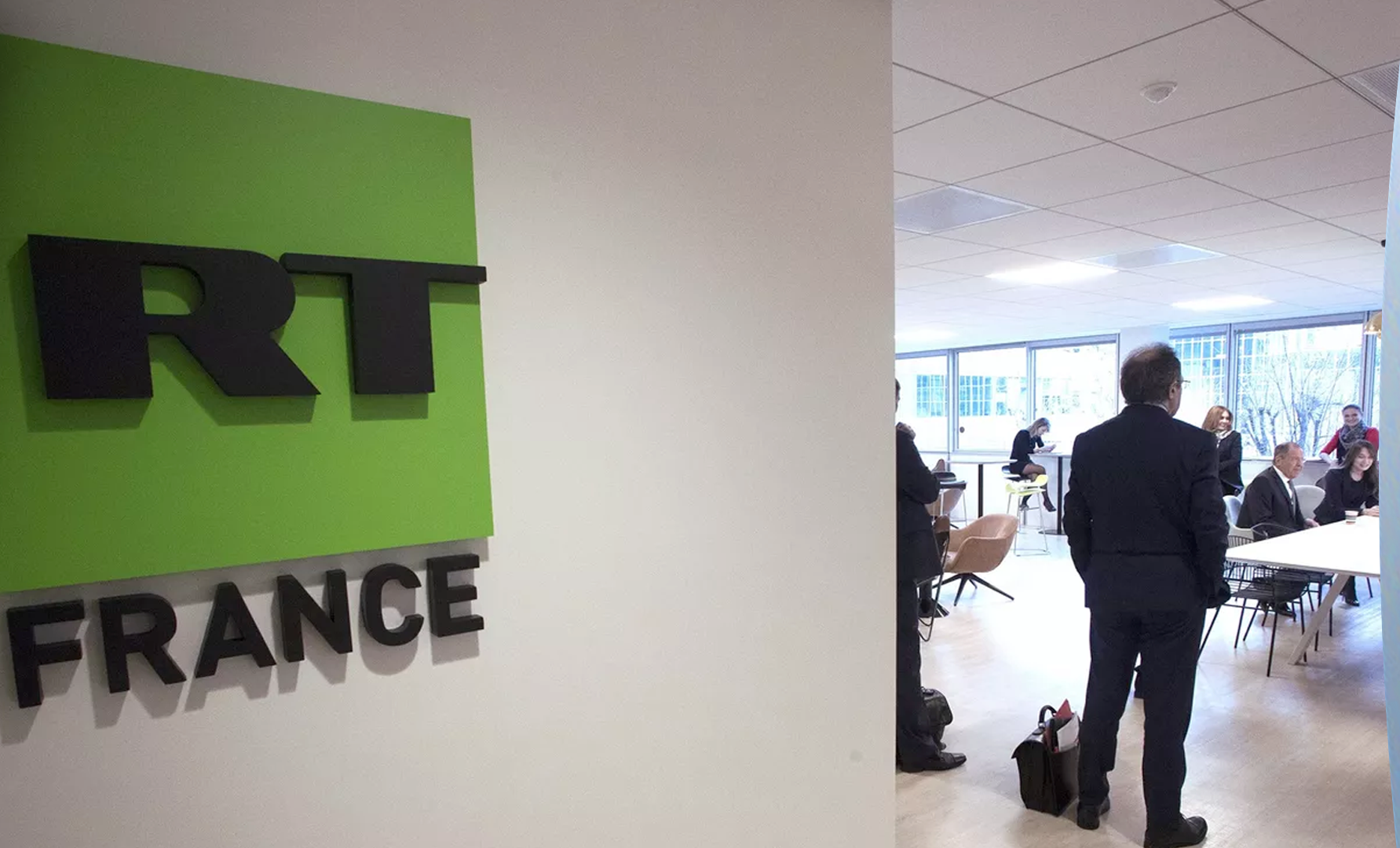

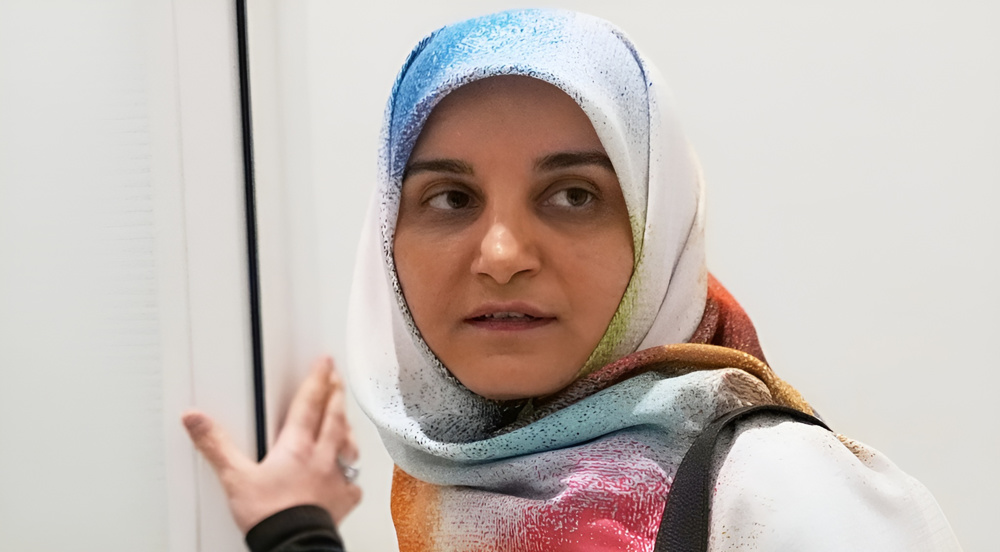
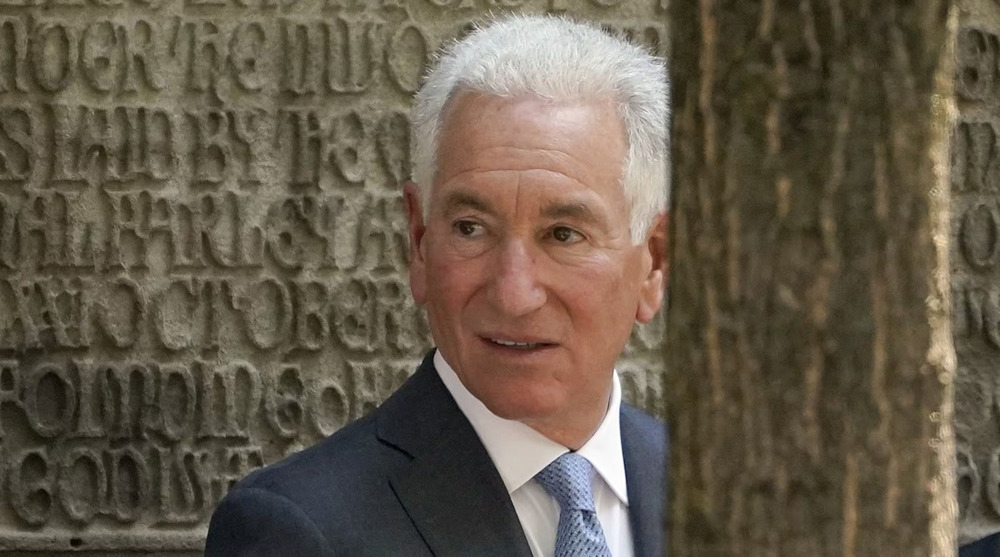



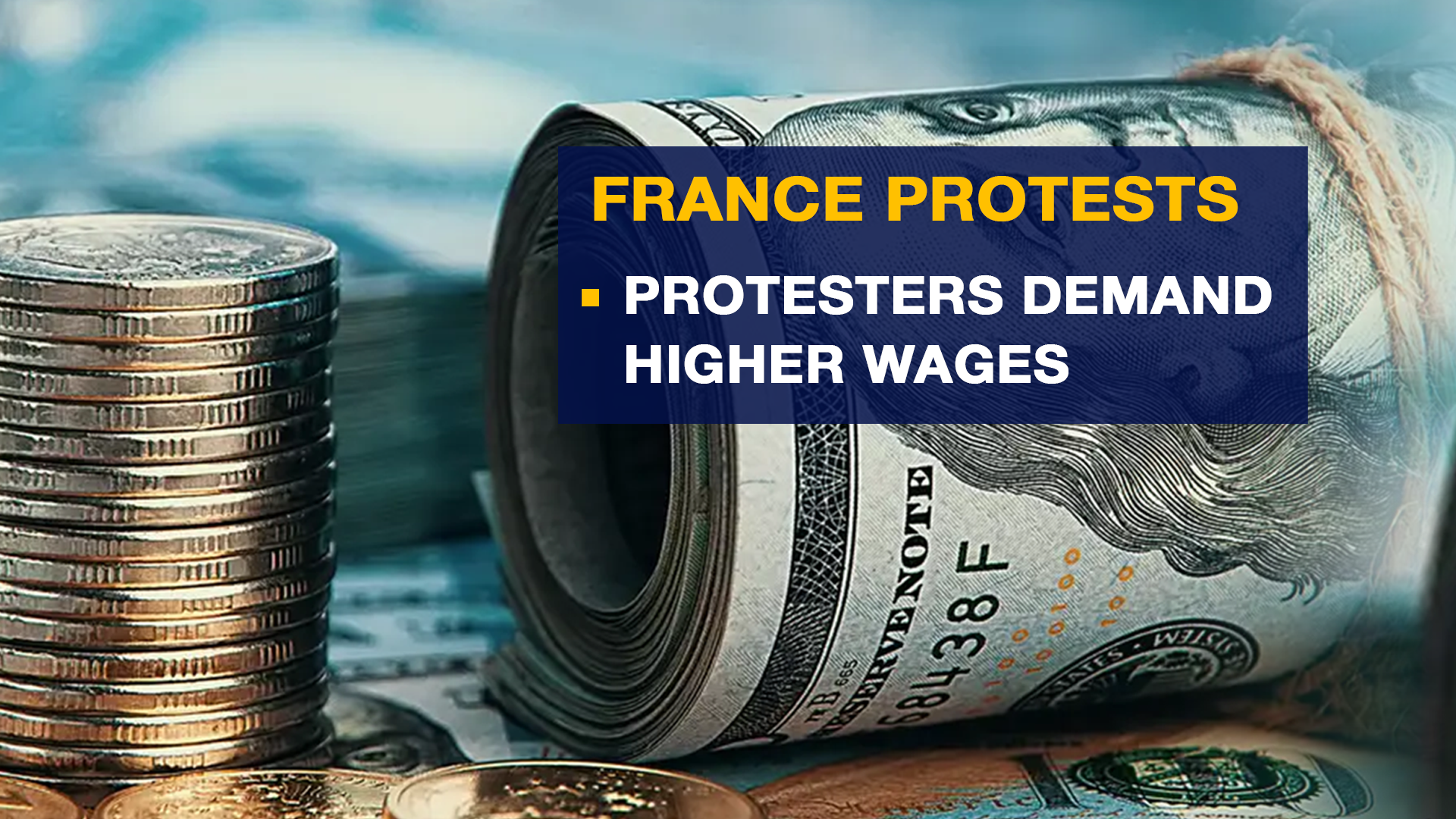



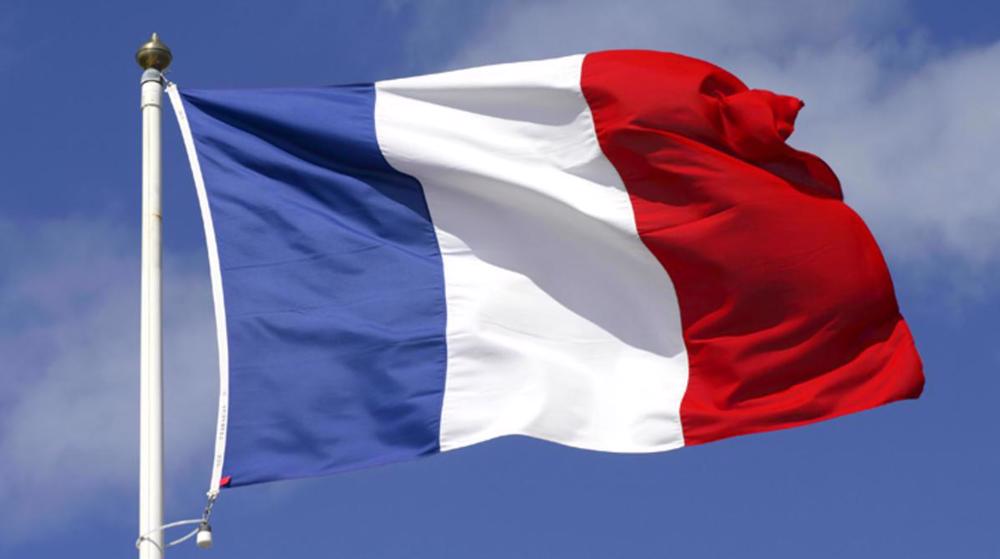

 This makes it easy to access the Press TV website
This makes it easy to access the Press TV website